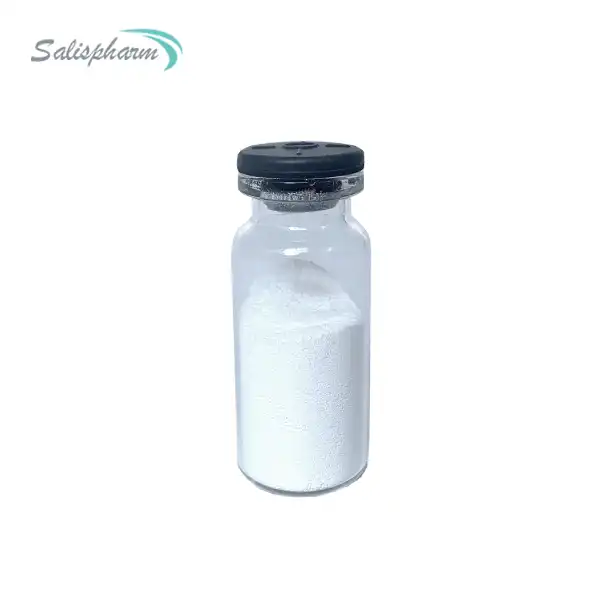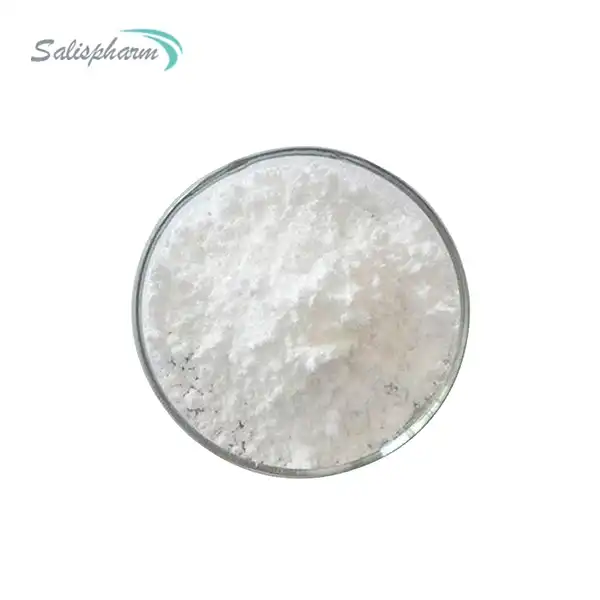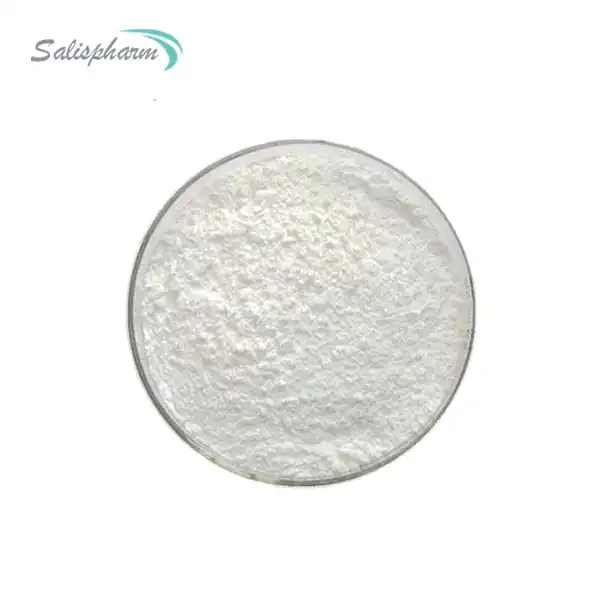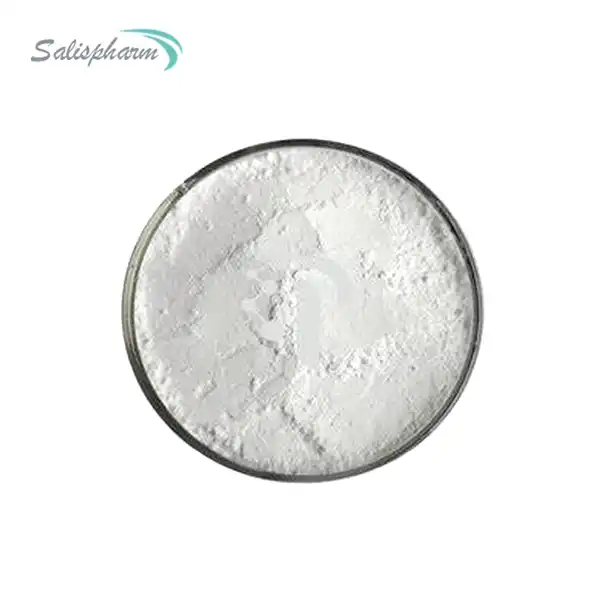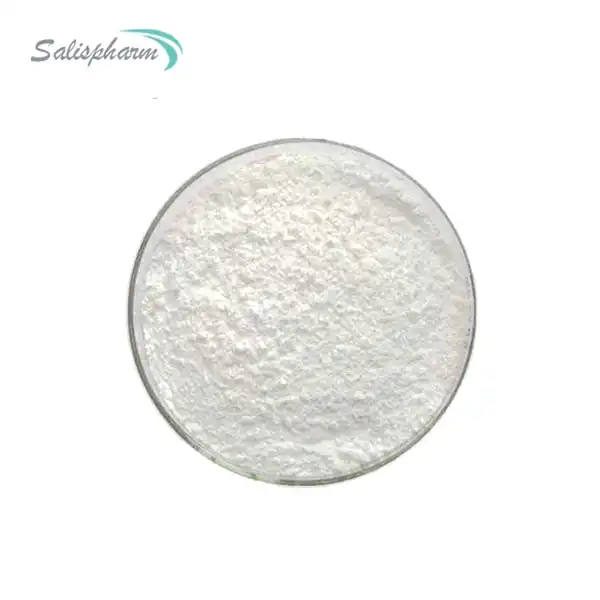Betahistine is a medication primarily used to treat Ménière's disease, a disorder that affects the inner ear and causes vertigo, tinnitus, hearing loss, and a feeling of pressure or fullness in the affected ear. This drug belongs to the class of histamine analogues and is believed to improve the blood flow to the inner ear, thereby reducing symptoms associated with Ménière's disease. However, betahistine has also been explored for its potential benefits in other conditions. In this blog, we will delve into the various aspects of betahistine, its mechanism of action, and its effects on the body.
How Does Betahistine Help with Vertigo and Dizziness?
Vertigo and dizziness are among the most debilitating symptoms experienced by individuals with Ménière's disease. These symptoms can significantly impact daily activities and quality of life. Betahistine has been found to be effective in reducing the frequency and severity of vertigo episodes in Ménière's patients.
The mechanism behind betahistine's efficacy in treating vertigo and dizziness is not fully understood, but it is believed to involve its effects on the inner ear and the vestibular system. The inner ear contains structures called the semicircular canals, which are responsible for maintaining balance and spatial orientation. Betahistine powder is thought to improve blood flow to the inner ear, which can help alleviate the symptoms associated with Ménière's disease, such as vertigo and dizziness.
Moreover, betahistine may also have an impact on the vestibular nuclei, which are clusters of neurons in the brainstem that process information from the inner ear and contribute to the maintenance of balance and spatial orientation. By modulating the activity of these nuclei, betahistine may help reduce the perception of vertigo and dizziness.
It is important to note that while betahistine can effectively manage vertigo and dizziness in Ménière's disease, it is not a cure for the underlying condition. Patients may still experience episodes of vertigo, but the frequency and severity of these episodes may be reduced with betahistine treatment.
Can Betahistine Help with Tinnitus and Hearing Loss?
Tinnitus, commonly described as a ringing, buzzing, or hissing sound in the ears, and hearing loss are two other distressing symptoms experienced by individuals with Ménière's disease. Betahistine powder has shown promising results in addressing these symptoms, although the mechanisms behind its effects are not fully understood.
Tinnitus is believed to be caused by abnormal nerve activity in the auditory pathways, and betahistine may help by modulating this activity. Some studies have suggested that betahistine can reduce the perception of tinnitus in patients with Ménière's disease, potentially by improving blood flow to the inner ear or by influencing the activity of certain neurotransmitters involved in auditory processing.
Regarding hearing loss, the mechanism by which betahistine may offer benefits is not entirely clear. However, it is hypothesized that by improving blood flow to the inner ear, betahistine may help preserve or even enhance hearing function in individuals with Ménière's disease. Some studies have reported improvements in hearing thresholds or a slowing of hearing deterioration in patients treated with betahistine.
It is important to note that while betahistine may provide relief from tinnitus and help preserve hearing function, its effects may vary from individual to individual, and not all patients may experience significant improvements in these symptoms.
Are There Any Other Potential Benefits of Betahistine?
While betahistine is primarily used for the treatment of Ménière's disease, researchers have explored its potential applications in other conditions as well. One area of interest is its potential role in the management of vestibular disorders, which involve problems with the vestibular system responsible for balance and spatial orientation.
Betahistine has been studied for its potential benefits in conditions such as vestibular neuritis, a disorder characterized by sudden vertigo and imbalance due to inflammation of the vestibular nerve. Some studies have suggested that betahistine powder may help alleviate vertigo and improve balance in patients with vestibular neuritis, although more research is needed to confirm these findings.
Additionally, betahistine has been investigated for its potential neuroprotective effects. Some animal studies have suggested that betahistine may have a protective effect on neurons, potentially by modulating the activity of certain neurotransmitters or by improving blood flow to the brain. However, the clinical relevance of these findings in humans is still unclear, and further research is needed to explore the potential neuroprotective properties of betahistine.
It is important to note that while these potential benefits are intriguing, the primary indication for betahistine remains the treatment of Ménière's disease, and its use in other conditions should be evaluated on a case-by-case basis and under the guidance of a healthcare professional.
Conclusion
Betahistine is a valuable medication for the management of Ménière's disease, a condition that can significantly impact an individual's quality of life. Its ability to reduce vertigo, tinnitus, and potentially preserve hearing function makes it an important treatment option for those affected by this disorder. While its mechanisms of action are not fully understood, betahistine is believed to improve blood flow to the inner ear and modulate the activity of certain neurotransmitters and neuronal pathways involved in vestibular function.
Beyond Ménière's disease, betahistine powder has also shown promise in the management of other vestibular disorders and may possess neuroprotective properties, although further research is needed to fully understand its potential applications in these areas.
As with any medication, it is crucial to consult with a healthcare professional before starting betahistine treatment and to carefully follow the prescribed dosage and instructions. Understanding the potential benefits and limitations of betahistine can help individuals make informed decisions about their treatment options and better manage the symptoms associated with Ménière's disease and related conditions.
If you are also interested in this product and want to know more product details, or want to know about other related products, please feel free to contact iceyqiang@gmail.com.
References:
1. Strupp, M., & Brandt, T. (2009). Current treatment of vestibular, ocular motor disorders and nystagmus. Therapeutic Advances in Neurological Disorders, 2(4), 223-239.
2. Lacour, M., & Sterkers, O. (2001). Histamine and betahistine in the treatment of vertigo: elucidation of mechanisms of action. CNS Drugs, 15(11), 853-870.
3. Nabekura, T., Ito, Y., Kitagawa, Y., Shiba, M., Matsumoto, M., Nakai, T., ... & Yoshida, A. (2012). Betahistine for preventing vertigo and dizziness: a meta-analysis. PLoS One, 7(5), e36334.
4. Murdin, L., Hussain, K., & Schilder, A. G. (2016). Betahistine for symptoms of vertigo. Cochrane Database of Systematic Reviews, (6).
5. Salami, A., Dellepiane, M., Mora, R., Guastini, L., Crippa, B., & Jankowski, R. (2019). Betahistine treatment of Ménière's disease: Evaluation of its effects on hearing and vertigo. Otolaryngologia Polska, 73(6), 18-24.
6. Strupp, M., Zwergal, A., & Brandt, T. (2008). Episodic ataxia type 2. Neurotherapeutics, 5(2), 267-278.
7. Tomé, J. P., Campos, C. A., & Oliva, A. G. (2010). Betahistine for the treatment of vertigo: a meta-analysis. Brazilian Journal of Otorhinolaryngology, 76(6), 745-752.
8. Vieregge, P., & Schöls, L. (2001). Betahistine for the treatment of episodic ataxia. Neurology, 57(8), 1536-1537.
9. Wafelman, A. R., Audin, B. P., Ramaekers, F. C., & Breimer, D. D. (1985). Kinetics of betahistine in man. European Journal of Clinical Pharmacology, 28(2), 191-196.
10. Zou, J., Pyykko, I., Bao, Y., & Zhang, Y. (2018). Betahistine for relief of Ménière's disease: A systematic review and meta-analysis. Otology & Neurotology, 39(10), 1257-1264.

